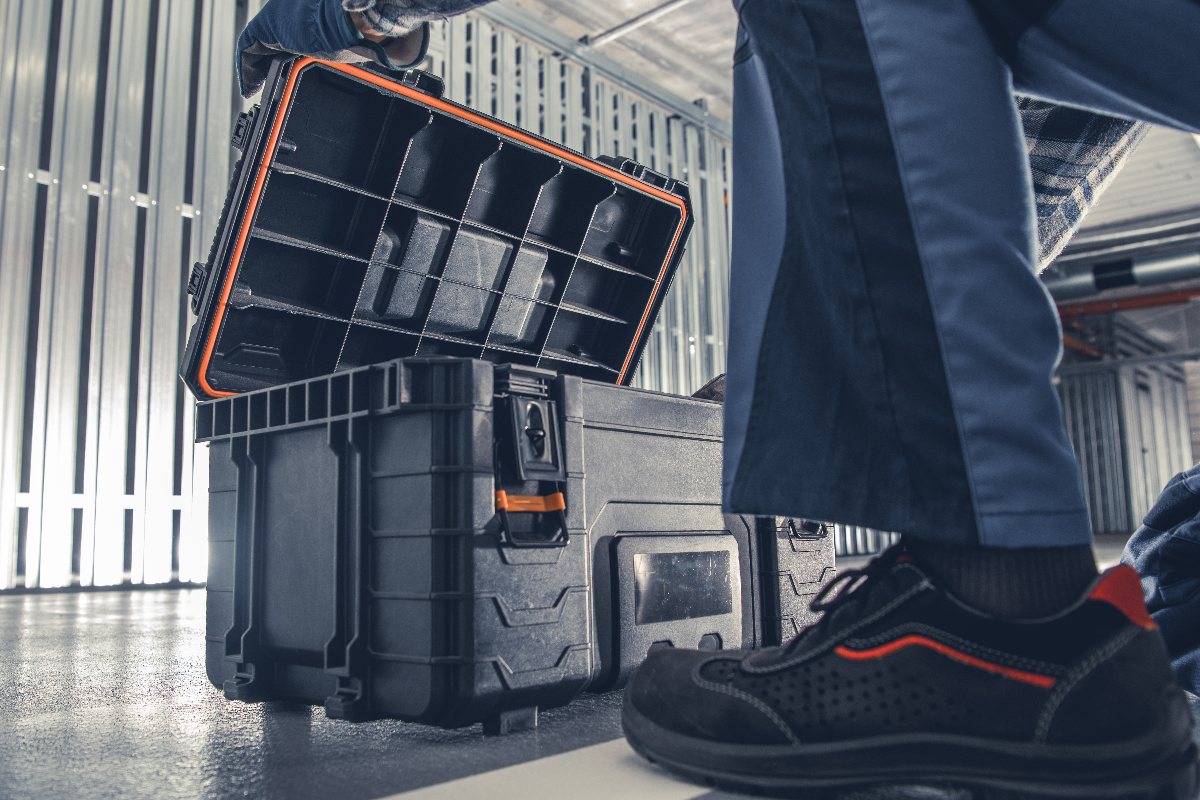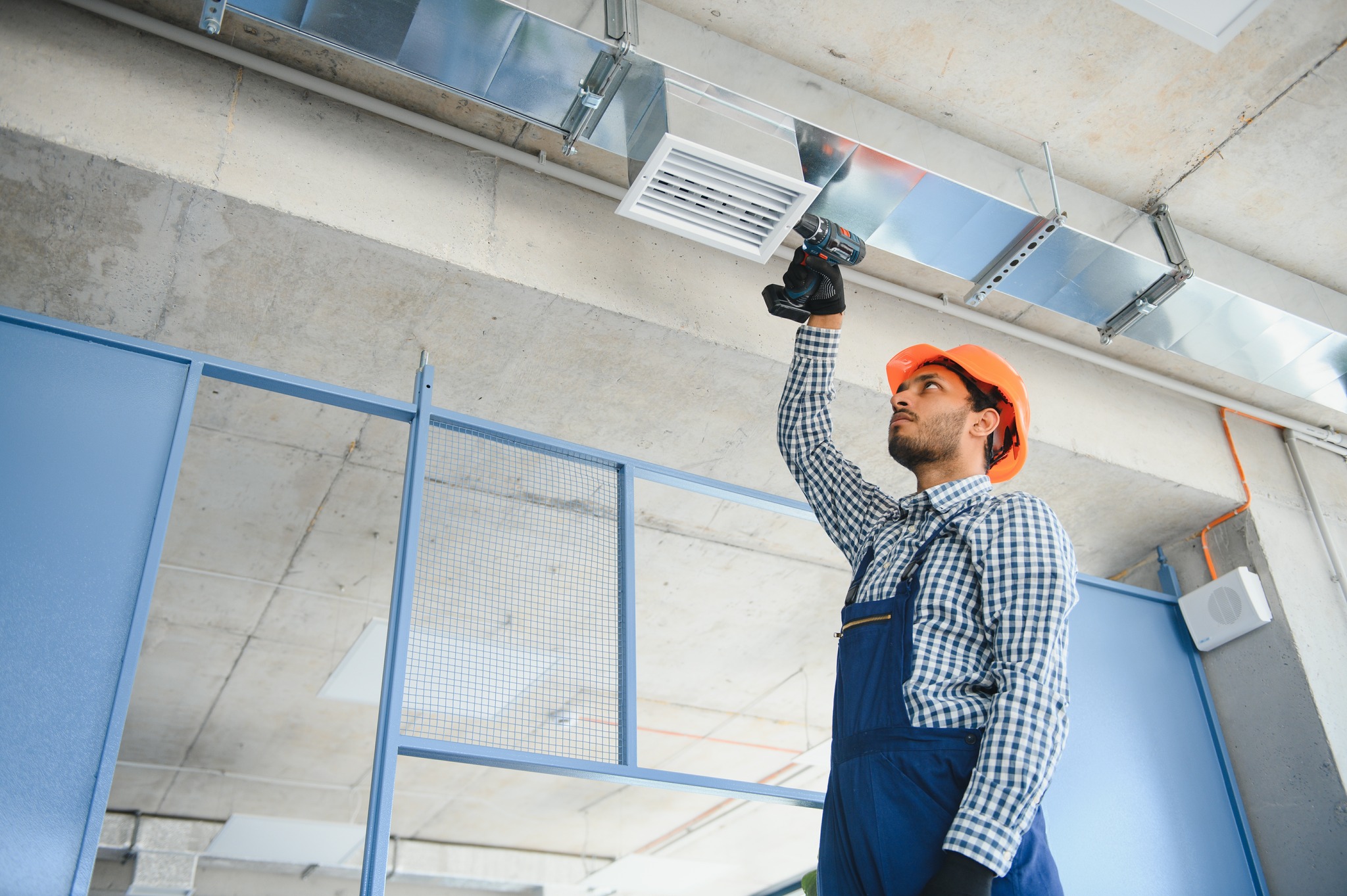HVAC filters play a crucial role in maintaining indoor air quality and the efficient operation of heating, ventilation, and air conditioning (HVAC) systems. It is important to understand the different types of filters, their maintenance requirements, and when to replace them. A professional and highly skilled team from A-plusquality is available to help homeowners navigate these aspects of HVAC filter management.
HVAC filters are designed to trap and remove various airborne particles, including dust, pollen, pet dander, mold spores, and other contaminants. These filters help improve indoor air quality by reducing allergens and pollutants circulating through the HVAC system.
Concerns may arise regarding HVAC filters due to the potential accumulation of dirt and debris, which can reduce their effectiveness and compromise the system's efficiency. Clogged filters can obstruct airflow, leading to increased energy consumption, poor ventilation, and potential damage to the HVAC equipment.
Regular maintenance of HVAC filters is crucial to ensure optimal performance. This includes periodic cleaning or replacement, depending on the filter type. Different filters have varying levels of filtration efficiency and longevity. Common filter types include fiberglass, pleated, electrostatic, and high-efficiency particulate air (HEPA) filters.
A professional team from A-plusquality can assist homeowners in understanding the specific requirements of their HVAC filters. They can assess the air quality needs, recommend the appropriate filter type, and provide guidance on maintenance intervals and replacement schedules.
Regularly replacing or cleaning HVAC filters resolves several issues. It helps maintain good indoor air quality, reducing the presence of allergens and improving respiratory health. Clean filters also contribute to the efficient operation of the HVAC system by promoting proper airflow and preventing strain on the equipment. Additionally, clean filters can lead to energy savings as the system does not need to work as hard to maintain the desired temperature.
A professional and highly skilled team from A-plusquality is equipped with the knowledge and expertise to guide homeowners in managing their HVAC filters effectively. They can provide filter replacements, perform routine maintenance, and offer valuable recommendations on optimizing indoor air quality and system performance.
In conclusion, understanding HVAC filters, their types, maintenance requirements, and replacement schedules is vital for ensuring clean indoor air and efficient HVAC system operation. A professional and highly skilled team from A-plusquality is available to help homeowners navigate these aspects, providing expert guidance and support. By proactively managing HVAC filters, homeowners can enjoy improved air quality, energy savings, and a healthier living environment.



